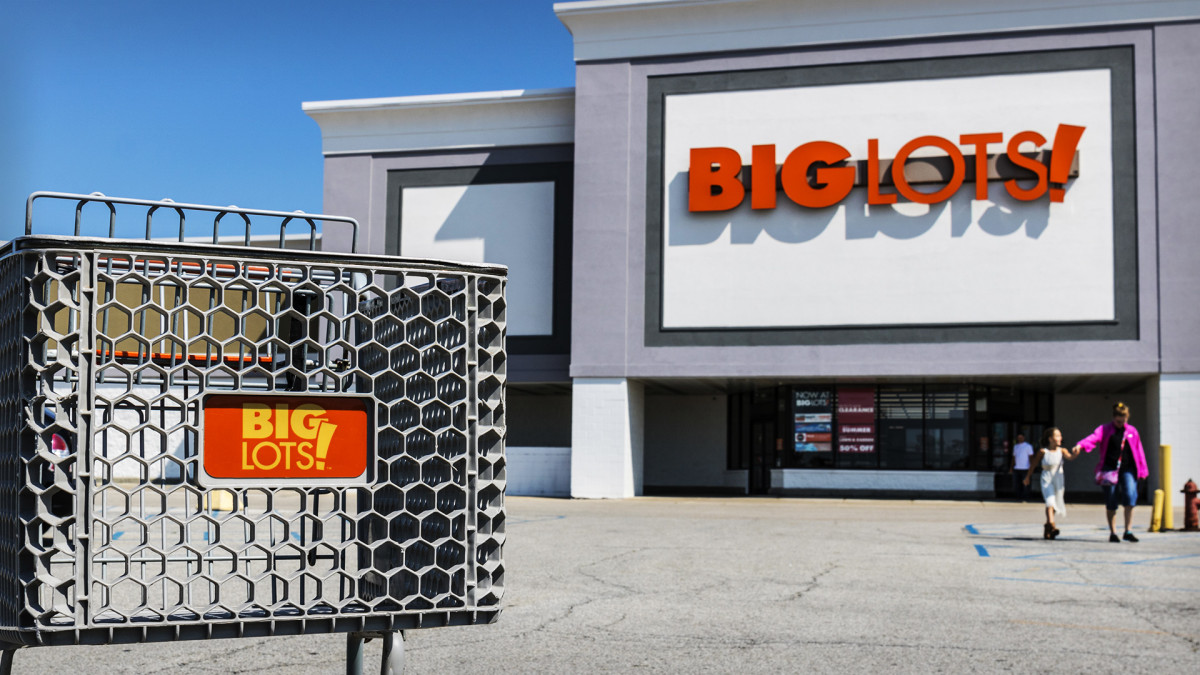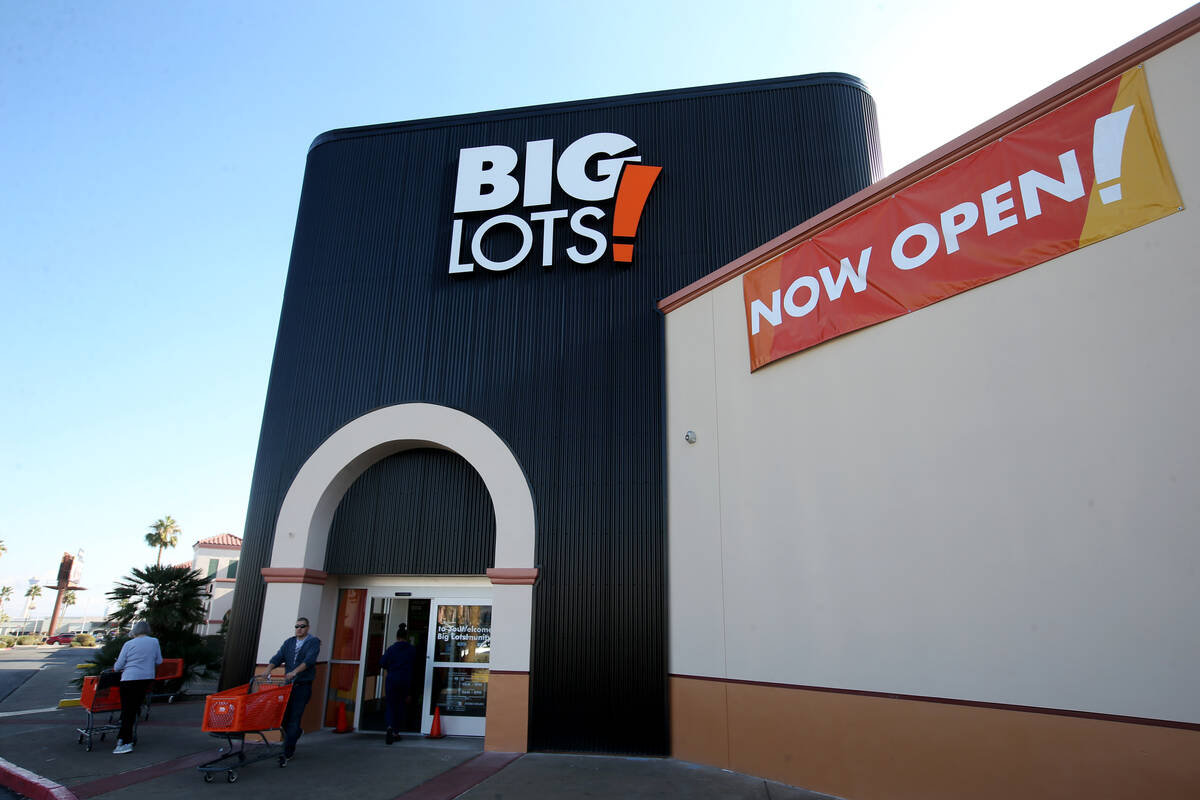Struggling retail chain faces default, Ch. 11 bankruptcy risk
The treasure-hunt retail model has been very successful for TJX, Marshalls, HomeGoods and T.J. Maxx as well as chains like Ross Dress for Less, Five Below, and even Costco.
Call it shopping as entertainment: Consumers visit a store without knowing exactly what they want or need and end up buying whatever seems like a good value. You may visit Marshalls knowing that you want an outfit for work, or more gym clothes, but you don’t know exactly what will be there.
The model mixes value and fun. You may be shopping for a need but you’re there mostly to score a deal.
Related: Another coffee and cafe company files Chapter 11 bankruptcy
The problem with the treasure-hunt model is that it’s a brick-and-mortar-driven business.
During the Covid pandemic, stores that did not have an alternate business model suffered because they were not essential. During the lockdowns expenses continued while revenue dried up. Many stores were forced to close.
Some retailers in this space, with Ollie’s Bargain Outlet being the best-known example, pivoted to become essential. Ollie’s, which always carried some food and household essentials, brought in more of those items to meet the Covid-lockdown-era needs of its customers.
Other companies, including Big Lots (BIG) , were not able to do that and put themselves into deep financial holes.
 B
B
ig Lots has been struggling and even selling off some of its real estate has not produced enough cash to pay for ongoing operations.
Image source: Shutterstock
Big Lots raises survival questions
Big Lots, a discount retailer that uses the treasure-hunt model with ever-changing merchandise, has more than 1,300 stores across the U.S.
In a recent Securities and Exchange Commission filing the company disclosed that it lost money in 2022, 2023 and in the first quarter of 2024. At the time of the filing, the company had not breached its credit agreements, but it indicated that that might soon change.
The company said it expected “further operating losses” and “difficulty remaining in compliance with such covenants.”
Over the past year, Big Lots has sold some of its real estate, cut expenses and taken other steps to improve cash flow. Those efforts may prove insufficient, according to the SEC filing.
“Based on our current cash and liquidity projections, and uncertainties with respect to the mitigating effect of management’s plans, the company has concluded there is a significant likelihood that it will be unable to comply with the Excess Availability Covenant under the 2022 Credit Agreement and the Term Loan Facility within the next 12 months, which raises substantial doubt about the company’s ability to continue as a going concern,” Big Lots wrote.
Falling out of compliance could trigger its loans being called and could force the company to file for Chapter 11 or even Chapter 7 bankruptcy.
Sign up for the Come Cruise With Me newsletter to save money on your next (or your first) cruise.
Key analyst assesses Big Lots data
Rapid Ratings uses publicly available data to track a company’s risk of default. Companies use the service’s reports to gauge whether to do business with a company and/or what terms to operate under.
“We see significant concerns. Begin risk mitigation. These companies are the weakest, and typically exhibit poor profits and weak balance sheets, resulting in high short-term default risk and lack of sustainability over the medium term,” Rapid Ratings wrote.
A report like this, plus the SEC filing in which the company outlined its concerns about its ability to keep paying its bills, could accelerate the chain’s problems. Retailers need inventory to pull themselves out of financial problems.
More Retail:
- Ulta CEO sounds the alarm on a growing problem
- Lululemon releases a first-of-its-kind product
- Target store introduces a new ‘over 18’ policy
- Amazon launches genius new subscription product
When vendors question a retailer’s ability to pay its bills, they can demand cash up front. That increases the retailer’s cash burn and causes it to run out of money more quickly.
“Big Lots Inc. demonstrates weakness in liquidity and earnings performance but an adequate result in leverage. Significant improvement in one or more of these areas is imperative,” Rapid Ratings added.
The challenge facing Big Lots is keeping its vendors on board in order to buy time for its cost-cutting and sales efforts to produce meaningful results.

















